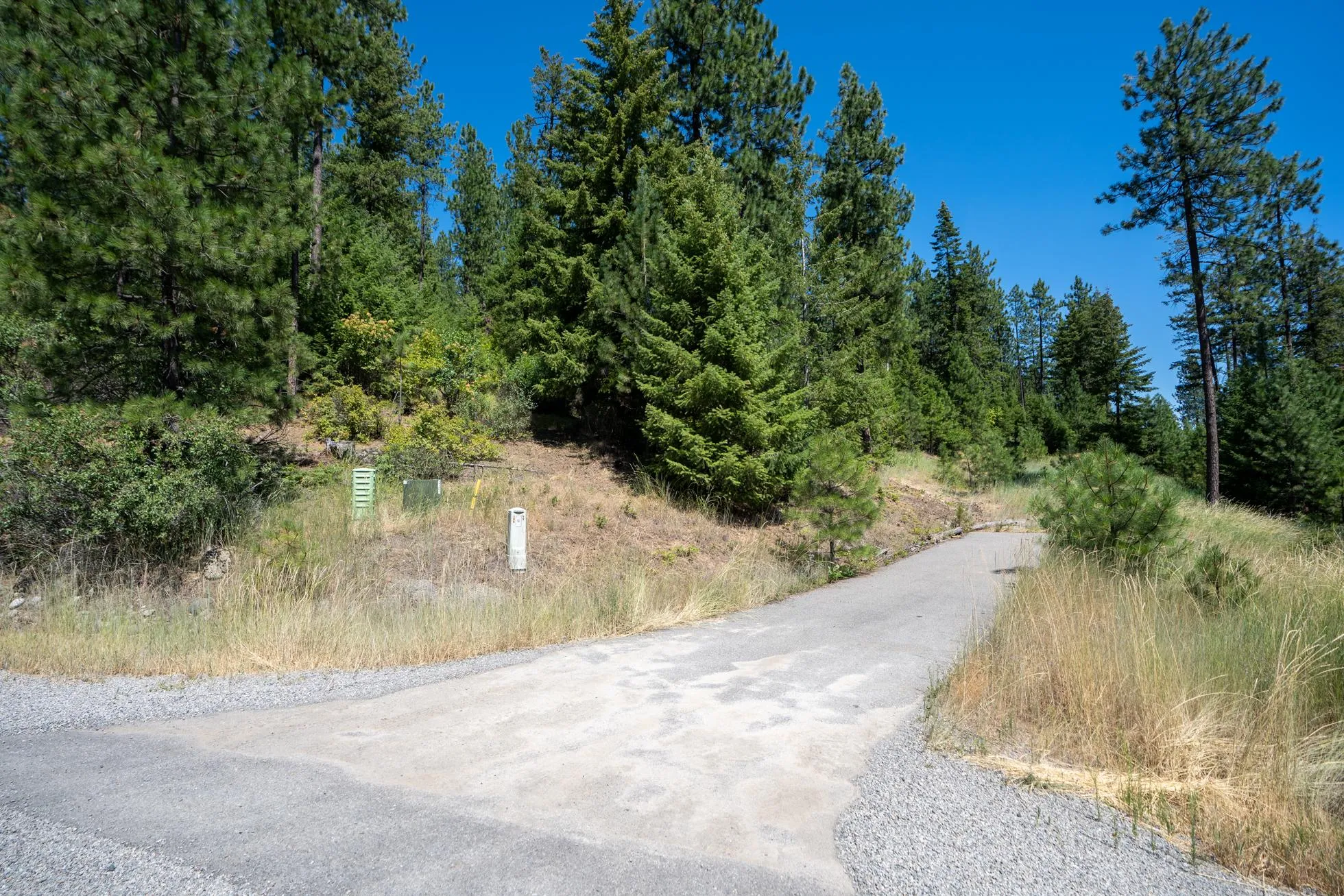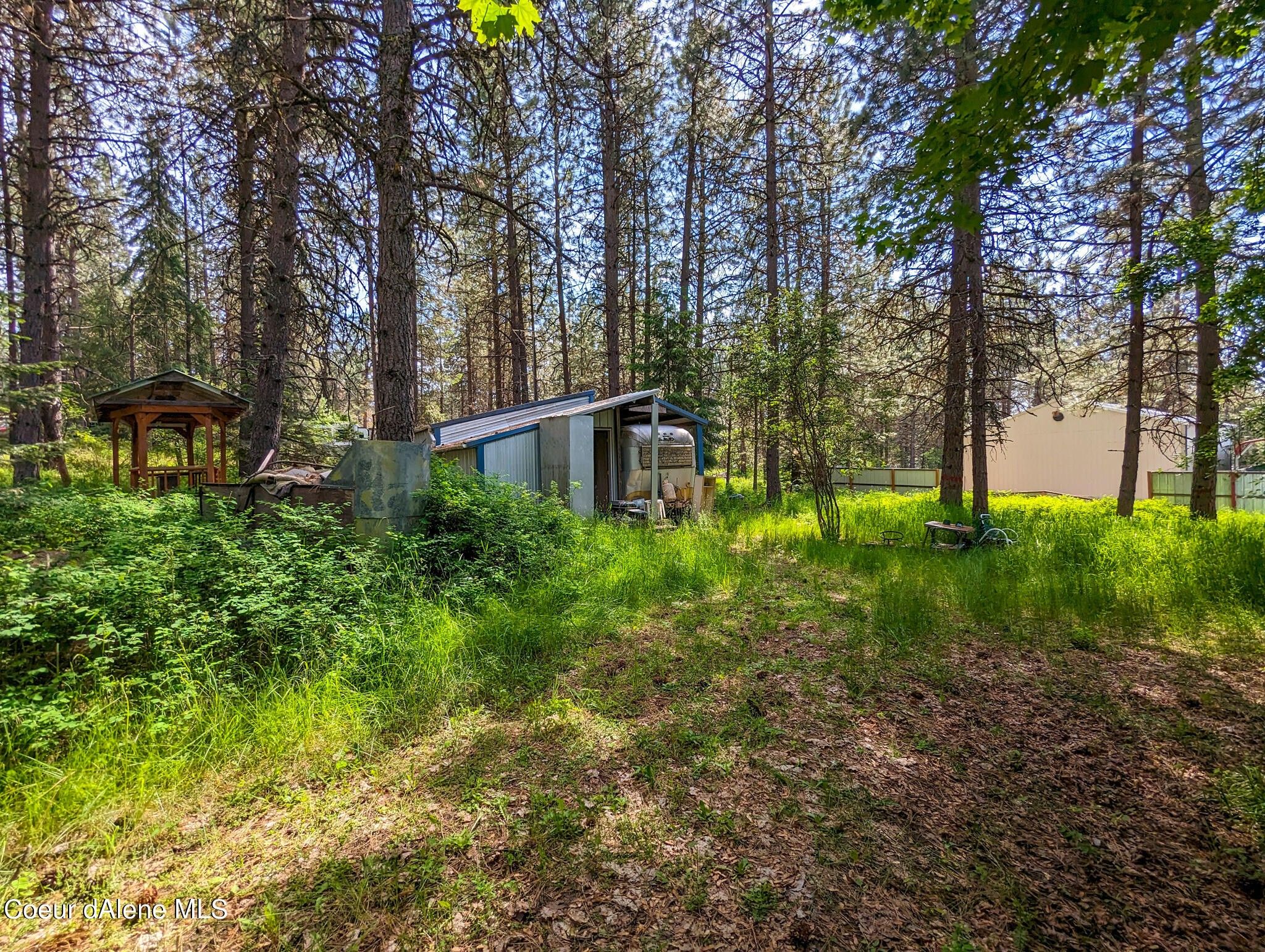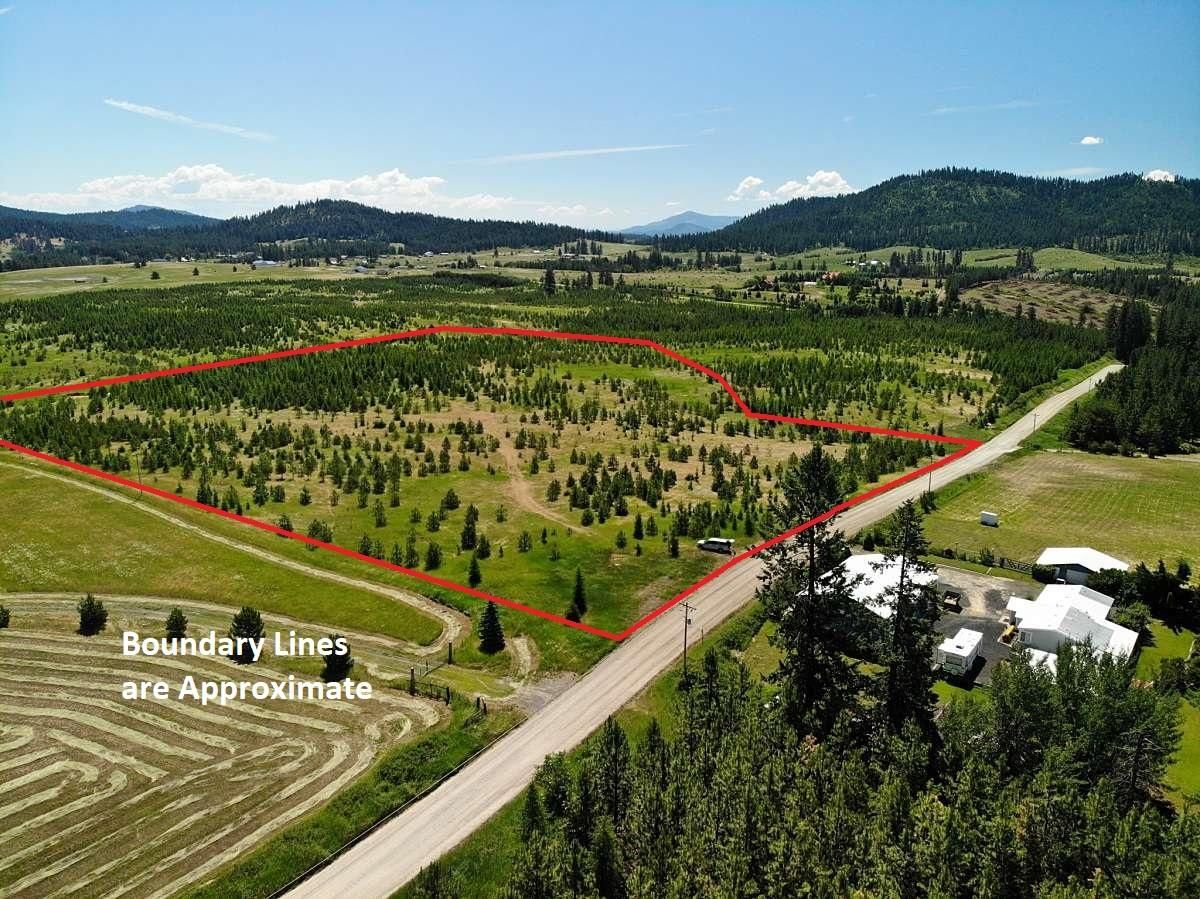Land For Sale Kootenai County – Whether it’s the affordability, the environmental impact, or the opportunity to find unique items, second-hand goods provide an alternative to traditional retail shopping that is both practical and sustainable. A new smartphone, for example, can cost hundreds of dollars, but buying a used one can cut the price down by more than half. This creative process not only gives new life to old objects but also encourages people to think outside the box when it comes to the things they buy and use. Whether you’re the seller or the buyer, the phrase “for sale” is a reminder that everything in life is in constant motion, always moving toward something new, something different, something better. These professionals help connect buyers with sellers, ensuring that both parties are well-informed and that the transaction process is as smooth as possible. The world of second-hand shopping has also made quality goods more accessible. Relationships can become transactional, where each party enters into an agreement based on what they stand to gain. For many, owning a quality product means owning a piece of history, a connection to something larger than themselves. Second-hand markets also promote the idea of a circular economy, an economic system that focuses on reducing waste and reusing products. In many cases, sellers may work with business brokers, financial advisors, or accountants to help value the business and identify potential buyers. Many buyers are drawn to industries where they already have experience, while others may seek a business in an entirely new field in order to diversify their portfolio. Whether it’s vintage clothing, antique furniture, or used luxury watches, second-hand goods offer an opportunity for buyers to find quality items that are no longer available in stores. They believe that certain things, like love, loyalty, and friendship, should be above the reach of commerce. For book lovers, buying second-hand books is an affordable way to build a library, and it can also be an opportunity to find rare or out-of-print titles that are no longer available in stores. Are there things that should be kept beyond the realm of trade? Or has the marketplace — with its insatiable demand and promise of exchange — seeped into every facet of our being?
If everything is for sale, then the concept of value itself becomes fluid, subjective, and often manipulated. The satisfaction of purchasing quality is often deeply intertwined with the knowledge that your money is going toward something that truly deserves it. If the buyer is satisfied with the findings, the next step is usually negotiation. There is also a growing trend of upcycling and repurposing second-hand goods, where items that may no longer serve their original purpose are transformed into something new and useful. Upcycling is a great way to make the most out of second-hand goods, adding both value and meaning to the items that are being repurposed. When you buy something made from premium materials, crafted with attention to detail, and tested for reliability, you can expect it to deliver value that surpasses its initial cost.

Home With Acreage in North Idaho Land for Sale in Worley, Kootenai
Home buying tipsview local noise levelsdraw your own search area

Post Falls, Kootenai County, ID Undeveloped Land, Homesites for sale
Home buying tipsview local noise levelsdraw your own search area

Worley, Kootenai County, ID Undeveloped Land for sale Property ID
Home buying tipsview local noise levelsdraw your own search area

Land for Sale in Kootenai County, Idaho 672 Properties
Home buying tipsview local noise levelsdraw your own search area

Coeur d'Alene, Kootenai County, ID Farms and Ranches, Homesites for
Home buying tipsview local noise levelsdraw your own search area

Athol, Kootenai County, ID Undeveloped Land for sale Property ID
Home buying tipsview local noise levelsdraw your own search area

Harrison, Kootenai County, ID Farms and Ranches, Horse Property for
Home buying tipsview local noise levelsdraw your own search area

Coeur d'Alene, Kootenai County, ID Undeveloped Land for sale Property
Home buying tipsview local noise levelsdraw your own search area

Cataldo, Kootenai County, ID Undeveloped Land for sale Property ID
Home buying tipsview local noise levelsdraw your own search area

80 acres in Kootenai County, Idaho
Home buying tipsview local noise levelsdraw your own search area
People can be bought and sold in the form of labor, for example, and loyalty can be traded for material gain. Manufacturing new items requires energy, raw materials, and natural resources, all of which contribute to environmental degradation. Relationships can become transactional, where each party enters into an agreement based on what they stand to gain. These concepts, they say, are too sacred, too important to be reduced to mere transactions. Quality products often come with warranties and customer service support, offering peace of mind to consumers who are investing in something that will serve them well over time. Cars, too, are often sold with a sense of transition. In conclusion, the market for second-hand goods for sale is an ever-growing and dynamic space that offers numerous benefits to both buyers and sellers. The marketplace, for all its flaws, has brought about great innovations. Whether it’s the affordability, the environmental impact, or the opportunity to find unique items, second-hand goods provide an alternative to traditional retail shopping that is both practical and sustainable. In addition to offering unique items and affordable prices, many second-hand stores also serve an important social and community function. Beyond practical reasons, the appeal of quality goods for sale also lies in the sense of pride and satisfaction that comes from owning something well-made. We live in a society where people constantly trade their time for money, their expertise for compensation, their dreams for tangible rewards. For environmentally conscious consumers, buying second-hand is not just a cost-effective choice, but a way to make a positive contribution to the planet. Additionally, purchasing second-hand electronics can be a way to access high-end models at a lower price. This has opened up new possibilities for people to find exactly what they’re looking for, whether it’s a specific brand of furniture or a limited edition item that was once sold out. For book lovers, buying second-hand books is an affordable way to build a library, and it can also be an opportunity to find rare or out-of-print titles that are no longer available in stores. We are all participants in a vast, interconnected economy, one that doesn’t just involve physical goods but extends to ideas, relationships, and even identities. The very notion that everything can be bought and sold creates a society where inequality is not just accepted, but ingrained in the very structure of the economy. Thrift stores, consignment shops, and online marketplaces like eBay and Poshmark provide a platform for people to sell or buy pre-owned high-quality goods. The concept of quality, however, is not a one-size-fits-all.
For some, selling something may feel like a sacrifice, while for others, it may feel like an investment in their future. The artist who created it may have one understanding of its worth, while a collector may see it as a valuable investment, and a casual admirer might simply appreciate its beauty without considering its monetary value. The concept of quality, however, is not a one-size-fits-all. For example, an old wooden chair might be sanded down and refinished into a modern piece of furniture, or a vintage dress might be altered to fit a contemporary style. It’s about letting go of something that no longer serves a purpose, while opening the door for something new to take its place. It can be a metaphor for much deeper exchanges in life. For example, someone might be able to purchase a used smartphone or laptop with the same features and specifications as a brand-new model, but at a significantly reduced price. Additionally, purchasing second-hand electronics can be a way to access high-end models at a lower price. For the buyer, it can feel like a great opportunity, a chance to acquire something they’ve been searching for, or maybe just the satisfaction of knowing that a good deal is within reach. Whether someone is looking to sell their business as part of a strategic decision or to retire, or whether a potential buyer is seeking an opportunity to invest in an established company, the process of buying and selling businesses is a common yet intricate part of the global economy. But in reality, even the most profound relationships can be commodified in some way. Unlike starting a business from scratch, which requires time to build a reputation and establish market credibility, buying an existing business means stepping into an environment where some of the groundwork has already been done. The ability to share knowledge, ideas, and resources has empowered individuals in ways that were previously unimaginable. With the rise of e-commerce, the accessibility of quality goods for sale has expanded exponentially. The idea of “buying quality” is not just a luxury; it’s a mindset that encourages consumers to think beyond the momentary gratification of cheap purchases and focus instead on long-term value and satisfaction. For sale, it seems like a simple phrase, yet it carries with it an array of possibilities, emotions, and decisions that can shape someone’s life. In some cases, a business may look profitable but may be hiding significant underlying issues, such as declining sales, ineffective marketing strategies, or employee dissatisfaction. Whether it’s a handmade leather bag, a vintage watch, or a luxury car, the term “quality” brings with it an expectation — an assurance that the item in question has been crafted with care, attention to detail, and materials that can stand the test of time. They also often help with legal and financial aspects, ensuring that the transaction is completed smoothly and efficiently. The idea of buying things that were once owned by someone else is no longer considered taboo or lesser; rather, it has become a lifestyle choice for those who want to make smarter, more ethical purchasing decisions.